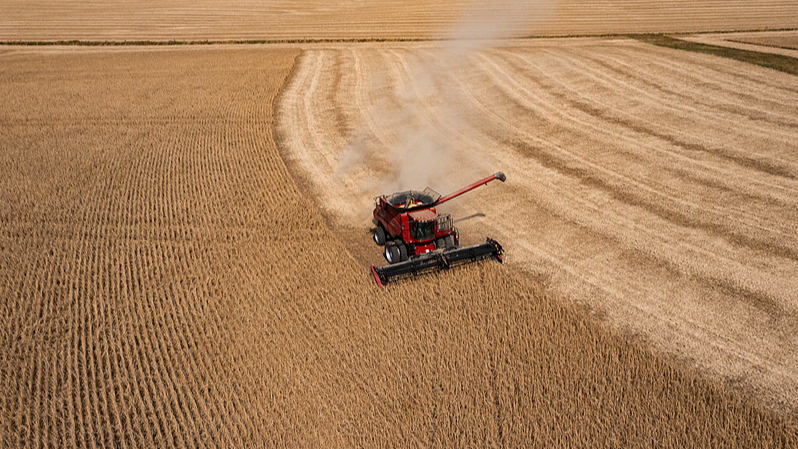In a stirring appeal that highlights the challenges facing American agriculture, Caleb Ragland, a Kentucky soybean farmer and president of the American Soybean Association, has called on U.S. President Donald Trump to end the ongoing trade war.
Ragland, representing one of the 500,000 American soybean growers, warned that the current tariffs jeopardize the livelihoods of families who rely solely on farming. "I rely on my own farm for 100 percent of the income for my family and the families of our three full-time workers," he explained, emphasizing that the trade standoff is a risky gamble with American livelihoods.
The tension escalated on Wednesday when the Trump administration increased U.S. tariffs on the Chinese mainland while pausing the reciprocal tariffs on other countries. Although this move was intended to offer some relief, many in the farming community remain deeply concerned about the long-term impact.
Ragland urged the president to negotiate a deal with the Chinese mainland immediately, warning that continued uncertainty could drive the market toward competitors such as Brazil. Recent data from Bloomberg underscores these fears, revealing that Chinese soybean crushers have recently acquired at least 40 cargoes of Brazilian beans for delivery in the coming months, amounting to roughly 2.4 million tonnes―nearly one-third of the volume the Chinese mainland typically processes each month.
Echoing these concerns, Kenneth Hartman Jr., president of the National Corn Growers Association, noted that the persistent uncertainty threatens to leave American growers with billions of bushels of corn lacking dependable markets. Such conditions could force many farms to close and have a lasting impact on the agricultural sector.
As debates over trade policies intensify, industry leaders continue to stress the urgency of resolving these issues. For American farmers, a stable market is not only essential for sustaining everyday livelihoods but is also critical for maintaining the United States' competitive edge in global agriculture.
Reference(s):
cgtn.com




